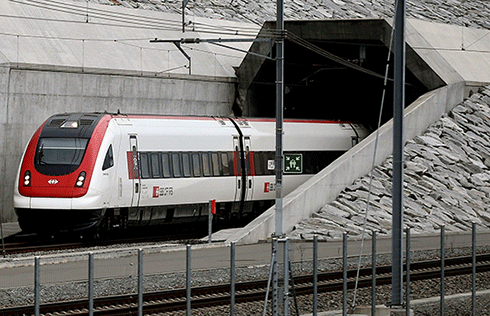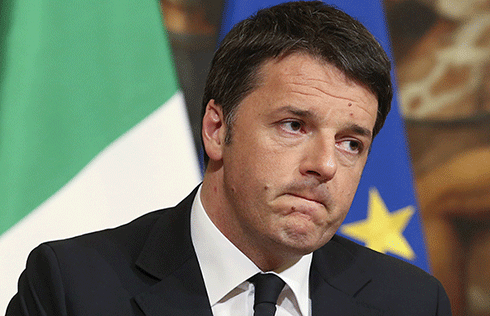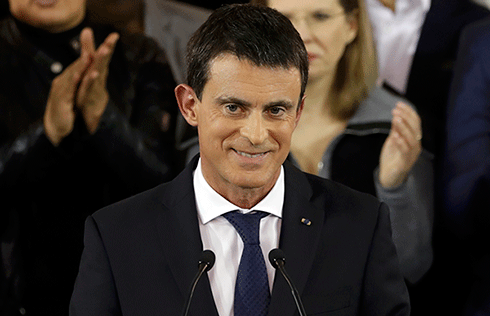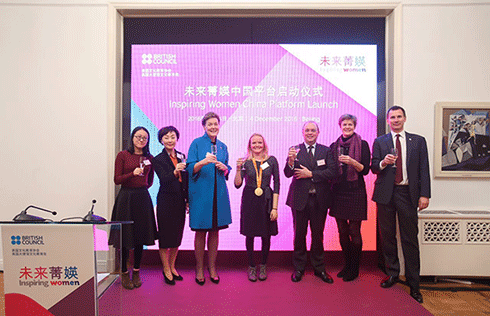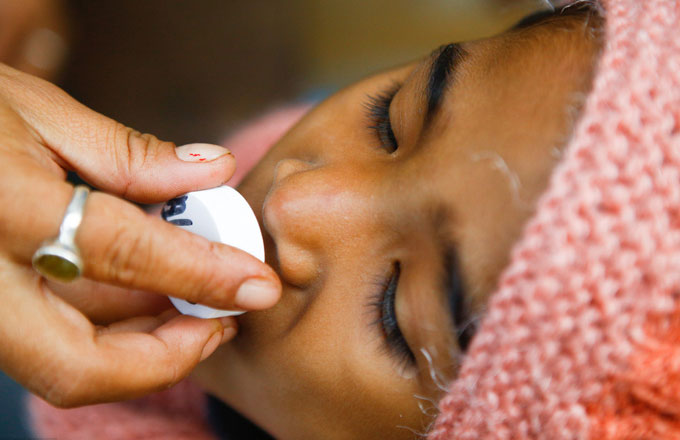Australia celebrates Spring Festival with overseas Chinese
Sydney Town Hall was the city's hottest spot for Chinese on Sunday night, as it hosted a Spring Festival gala performed by Chinese artists.
Hundreds of audience arrived early for the show, posing for photos with posters of the stars of the night, which featured some of China's finest singers, including Dong Wenhua, Yan Weiwen and Cai Guoqing and Peking Opera masters Yu Kuizhi and Li Shengsu.
"I've been looking forward to this performance for more than a month," said Jiang Ying, 63, from Shenyang capital of Liaoning province, who has been living with her daughter in Sydney since retiring in 2004.
Jiang says she rushed to the Town Hall to buy tickets the first day they went on sale.
"Tickets could become difficult to get later," Jiang explained.
The show, called Cultures of China, Festival of Spring, is part of a global performance tour organized by the Overseas Chinese Affairs Office of China's State Council to entertain overseas Chinese during the Lunar New Year. The tour has been organized every year since 2009.
Sydney, home to more than 500,000 ethnic Chinese, with almost as many visiting the city each year, has been included in the global performance tour since 2010.
Jiang has attended the show, which features classic Chinese songs and dance, each year it has come to the city.
"It just feels very homely hearing songs performed by singers from our homeland," she said.
He Yafei, deputy director of the Overseas Chinese Affairs Office of China's State Council, which organized the tour to Sydney, said he hopes the show provides quality entertainment for homesick Chinese in Australia.
"As one traditional Chinese saying goes, people miss their relatives most during festivals, especially Spring Festival, the most important occasion for family reunions," He said.
Over the past four years, the annual performance has become very popular with not only the Chinese community, but also many people who are interested in Chinese traditional culture, according to Councilor Robert Kok of City of Sydney, who himself is ethnic Chinese.
"It's the same story with the whole Spring Festival celebration," Kok said. "The festival has been celebrated citywide with full support from the city council for years."
Since 2004, Sydney has hosted a two-week-long Chinese New Year carnival to celebrate Spring Festival.
The carnival usually features a series of cultural events, including the annual Twilight Parade, combining traditional and contemporary Asian culture, and dragon boat races. This year, for the first time, the celebration also includes a light projection onto the Sydney Opera House on the first day of the Chinese New Year.
Even on Sunday, the fifteenth day of the Chinese Lunar New Year, known as the Lantern Festival, which marks the end of Spring Festival, the celebratory atmosphere was still strong in Sydney, with flamboyant banners featuring a gold snake hanging from street poles.
There is also discussion about the cultural importance of Chinese New Year and references to the Chinese zodiac in public discourse. Barry O'Farrell, premier of the state of New South Wales where Sydney is located, spoke at a welcome dinner hosted by local Chinese societies on Saturday.
The premier jokingly attributed Australia's recent change from drought to floods to "the power of Chinese New Year, as we come from the year of the fire-spraying dragon to that of water snake".
Also often heard in the city, either from a person giving a toast at a banquet or a Customs officer at the airport, is the most common way Cantonese-speaking Chinese wish each other Happy New Year: Gong Hey Fat Choy!
Contact the writer at linshujuan@chinadaily.com.cn




